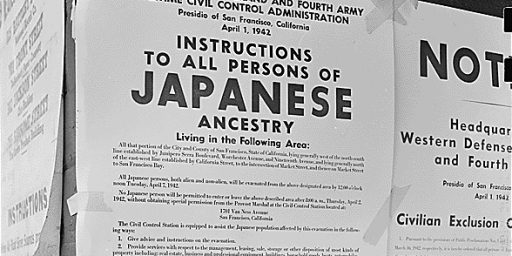SODOMY LAWS
The case of Lawrence vs. Texas, revisiting the issue of sodomy laws, is getting quite a bit of attention today. InstaPundit comes out not just against such laws, but full-square in favor of sodomy. Slate has a piece on the faulty historical analysis which may have swayed Justice Powell’s deciding vote in Bowers vs. Hardwick. Some comments I wrote in response to a post by Robin on politiX yesterday:
An interesting case that could go either way.
As to Robin’s two questions:
[1] Is it an unconstitutional invasion of privacy for couples to be prosecuted for what they do in their own homes? No, although the Court could nonetheless rule otherwise. The US Constitution was written in 1787 and ratified in 1789. It contained no right of privacy. It has been amended 27 times; none of these created a right of privacy. The US Supreme Court nonetheless “discovered” such a right in 1965 in a case called Griswold v. Connecticut. Subsequently, in a 1986 case called Bowers v. Hardwick, they ruled that this right of privacy does not preclude sodomy laws.
Interestingly, because the US is a federal system with 50 states, many of the state constitutions, all of which have been rewritten much more recently than the US Constitution, do include specific rights to privacy and other rights not included in the federal one. Indeed, quite recently, the Georgia Supreme Court ruled that the sodomy statute that had been upheld in Furman Bowers violated the Georgia constitution and was thus unenforceable.
[2] Is it unconstitutional for states to treat gays and lesbians differently by punishing them for having sex while allowing heterosexual couples to engage in the same acts without penalties? While homosexuality has never been a protected class under federal law or the US Constitution, the Supreme Court ruled in Romer v. Evans (1996) that a Colorado law banning homosexuals from seeking “special rights” under the law was unconstitutional.
As a logical matter, homosexual sodomy laws don’t technically treat homosexuals and heterosexuals differently, as presumably heterosexuals wouldn’t engage in the “same” behavior or, if they did, they would be treated the same as a homosexual committing the same crime. As a legal matter, I’m less sure. Clearly, homosexual sodomy laws have a disparate impact on homosexuals. My expertise on law is limited.
Those are the constitutional claims, as I see them. The more salient points are the moral and practical ones: Are laws which regulate the private sexual conduct of consenting adults morally unconscionable? I think they are. Even if not, are they practical? Again, I think not. Resources devoted to policing sodomy laws could be better spent elsewhere.





